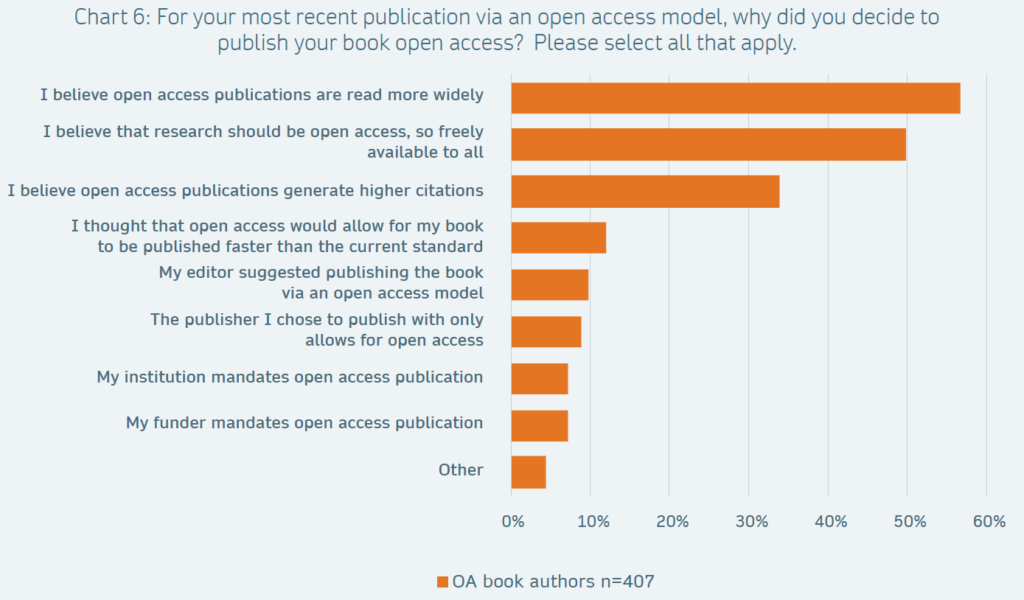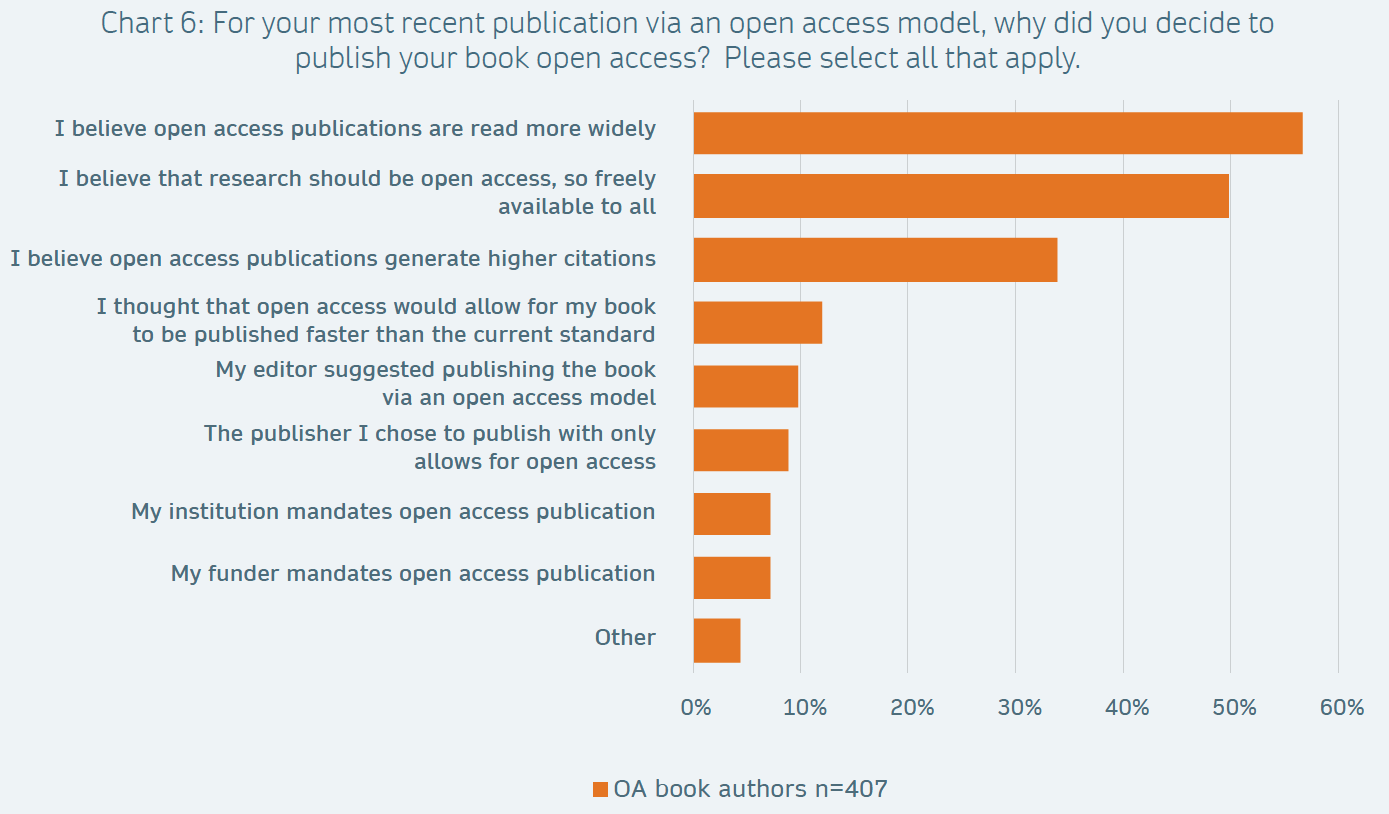OPEN SCIENCE
Science has rejected a study that failed to replicate a prior publication in the magazine. This has led to discussions around the responsibility of journals to play a part in correcting the scientific report around studies they published. “We believe that it is bad policy for journals like Science to publish big, bold ideas and then leave it to subfield journals to publish replications showing that those ideas aren’t so accurate after all.” Science’s Editor-in-Chief briefly responded on Twitter.
The Chan Zuckerberg Initiative (CZI) has approved funding for the Human Cell Atlas, an open, global collaboration to map and characterize all cells in a healthy human body.
CZI’s RFA for Essential Open Source Software for Science is now open.
PUBLISHING
Elsevier is launching the International Center for the Study of Research, dedicated to the study of research assessment and evaluation.
Springer Nature has published a survey of more than 2,500 academic book authors on their attitudes towards open access book publishing. 59% of all book authors (OA or not) agreed that future scholarly books should be open access. Reasons for publishing open access are depicted in the chart below. Reasons against publishing open access were listed the unwillingness (37%) or inability (25%) to pay the open access fees.
ScholarLed has received a £2.2M grant from Research England to develop a community-led Ecosystem for open access book publishing. The scheme is looking into new publishing models for open access books, improve operating costs, publishing and distribution infrastructures, and governance models amongst others.
RESEARCH
According to a study the results dissemination from clinical trials conducted at German university medical centres was delayed and incomplete. Out of 2,132 clinical trials that were tracked, 26% had not published their results more than six years after study completion. Published in the Journal of Clinical Epidemiology. Freely accessible preprint on bioRxiv.
What universities can learn from one of science’s biggest frauds. News report by Holly Else in Nature on a study by Andrew Grey into the fraud case of Yoshihiro Sato. The study provides “evidence to support a growing view in the academic community: that university investigations into research misconduct are often inadequate, opaque and poorly conducted.”

Reasons listed for authors to publish their book open access.
Credit (CC-BY): Springer Nature, Open Access Books; Pyne, Ros; Emery, Christina; Lucraft, Mithu; Pinck, Anna Sophia (2019): The future of open access books: Findings from a global survey of academic book authors. figshare. Journal contribution. doi: https://doi.org/10.6084/m9.figshare.8166599.v1
